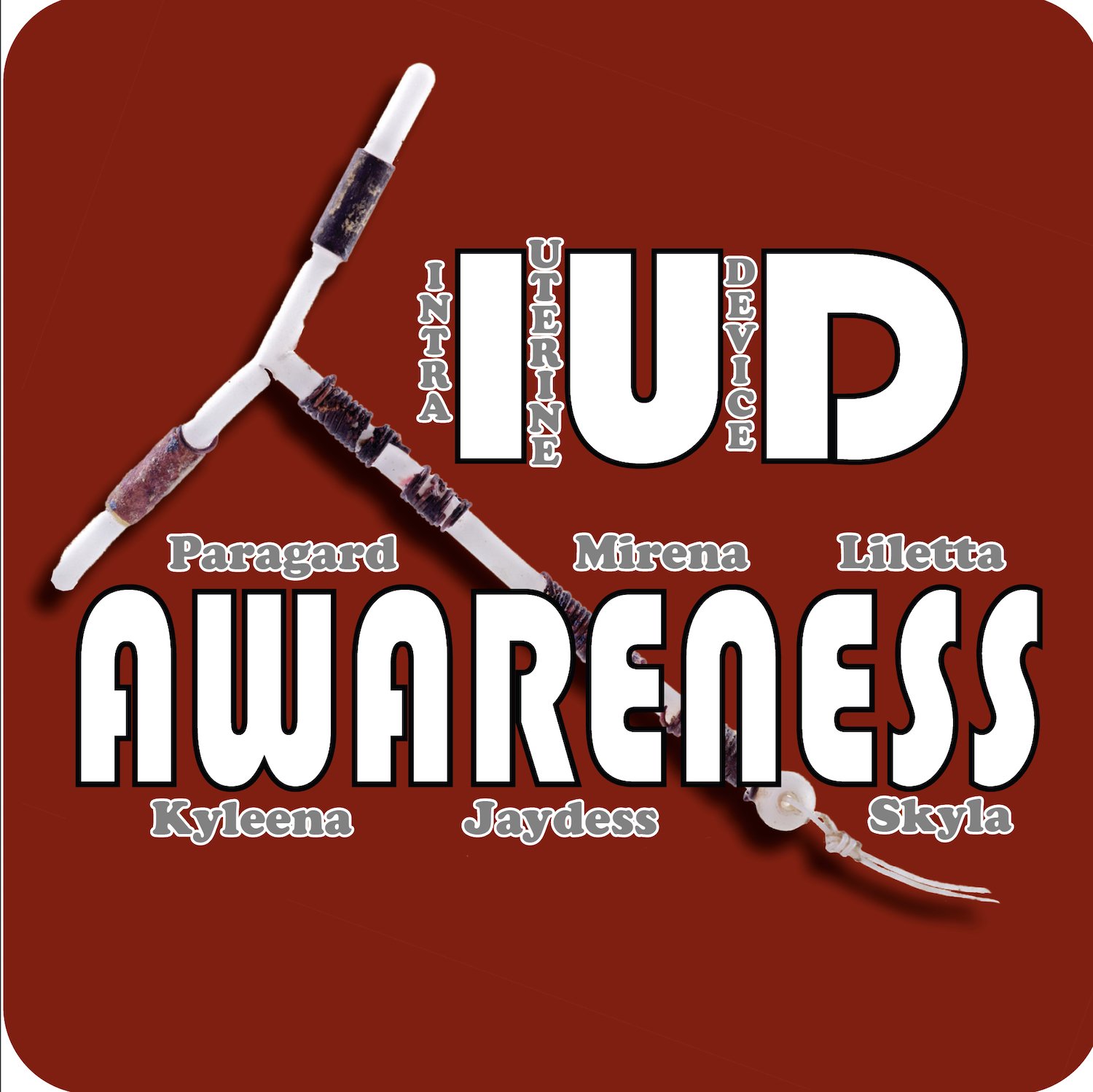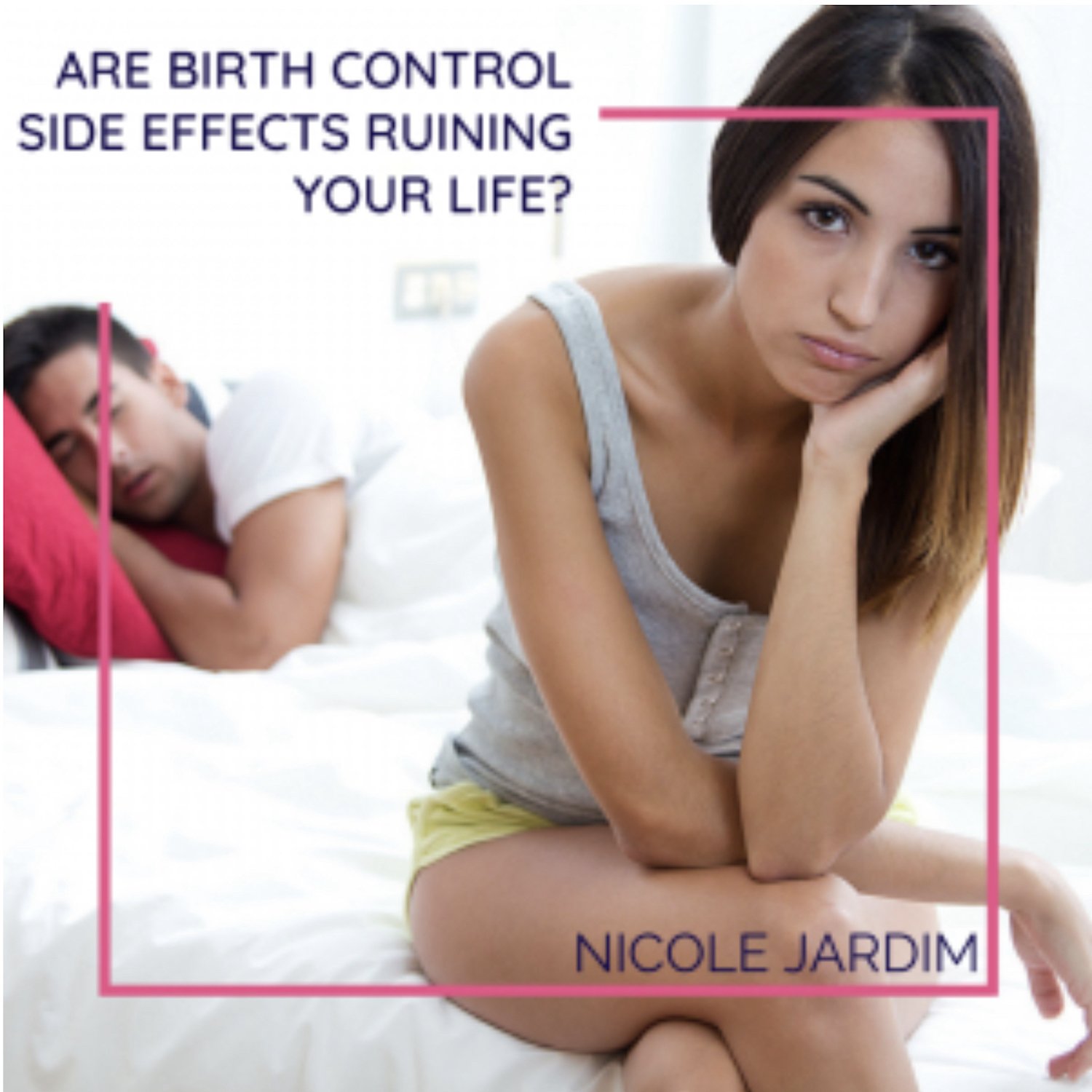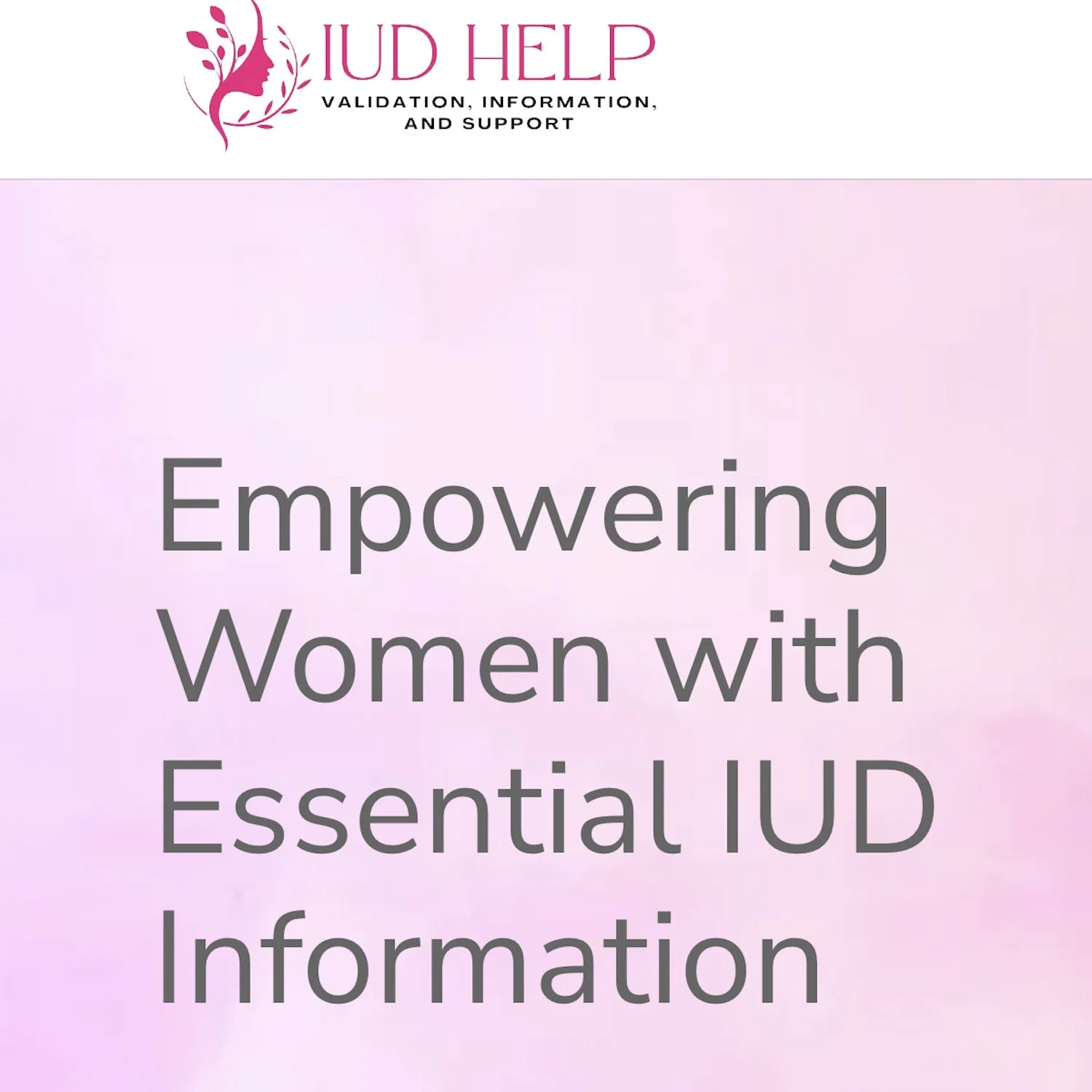How Does the Mirena IUD Work? Is it Right For Me?
/ Internet LinkWhat Are The Possible Side Effects Of The Mirena IUD?
“This of course brings me to the side effects of the hormonal IUD, which are very similar to the side effects of oral contraceptive pills. When the hormonal IUD is first inserted, many women report an extremely painful experience. Cramping and bleeding can be severe for the first several months after the IUD is placed in some women, and in others their period disappears completely.
Some of these common side effects may include:
Headaches
Pelvic pain (if ongoing, it could be a sign of perforation)
Back pain
Long, heavy periods after it’s first inserted for some women
Loss of period (amenorrhea) for others
Vaginal microbiome disruption which causes yeast infections and bacterial vaginosis
Breast tenderness
Depression
Nutrient Depletion
Stomach problems like bloating, gas, diarrhea and constipation
Weight gain
Ovulation disruption which can lower sex drive and cause vaginal dryness
Acne
Sometimes, women experience rare, serious side effects from hormonal IUDs.
These may include:
Blood clots
Migraines
Stroke
Allergic reaction to the IUD
Increased blood pressure
Ectopic pregnancy
Painful sex
Pseudotumor Cerebri (a brain tumor mimic caused by pressure in the brain)
Other complications can arise if the uterus is perforated by the IUD. This can happen in rare instances, about 1 in 1000 insertions. If the IUD “wanders” it can move outside of the uterus, possibly causing infection and scarring. Surgery may be required to have the IUD removed if this happens. If your IUD has wandered, you will likely experience pelvic pain that doesn’t subside or not be able to find the IUD strings.
Pelvic Inflammatory Disease (PID) is another concern when IUDs become involved. Usually, PID is caused by gonorrhea or chlamydia. However, as stated on the Mirena package insert, PID is a serious infection that is considered a potential side effect of the IUD. If you currently have PID, it is not recommended to have an IUD inserted, as it could lead to the spread of the infection. Also, please make sure that you are screened for any sexually transmitted infections before having an IUD placed.”
No Ovulation Is No Bueno
“So, we’ve talked about how the hormonal IUD works by thinning the uterine lining, thickening cervical fluid and sometimes by preventing ovulation.
Here’s the thing — we are supposed to ovulate. Can I shout this from a rooftop?! Our bodies were designed to have pain-free, symptom-free monthly cycles where an egg is released, and then the lining of our uterus is either shed or we get pregnant.
Stopping ovulation from occurring is not only stopping the natural function our reproductive system is supposed to carry out, but it’s also jeopardizing our overall health.”
Let’s continue this conversation
“Look, I’m all for women having access to all of the birth control they can possibly get their hands on.
But what I’m really in favor of is education — about the true nature of hormonal contraception and the side effects it can have on our health.
Traditional medicine is not talking about these side effects and the long-term ramifications for women and the planet.”
“So — if you love all things hormones, female health, and learning about everything your doc should discuss with you but doesn’t…we should be friends! You shouldn’t have to be a medical professional to understand how your body works and what to do to take care of it properly.”




































September 19, 2022
Nicole Jardim